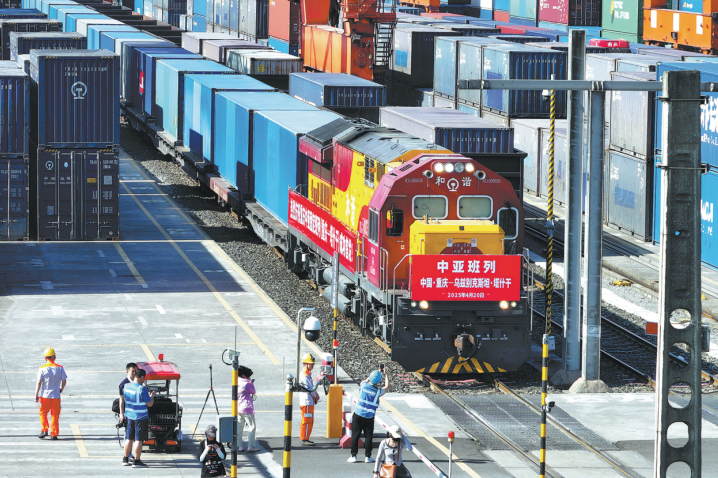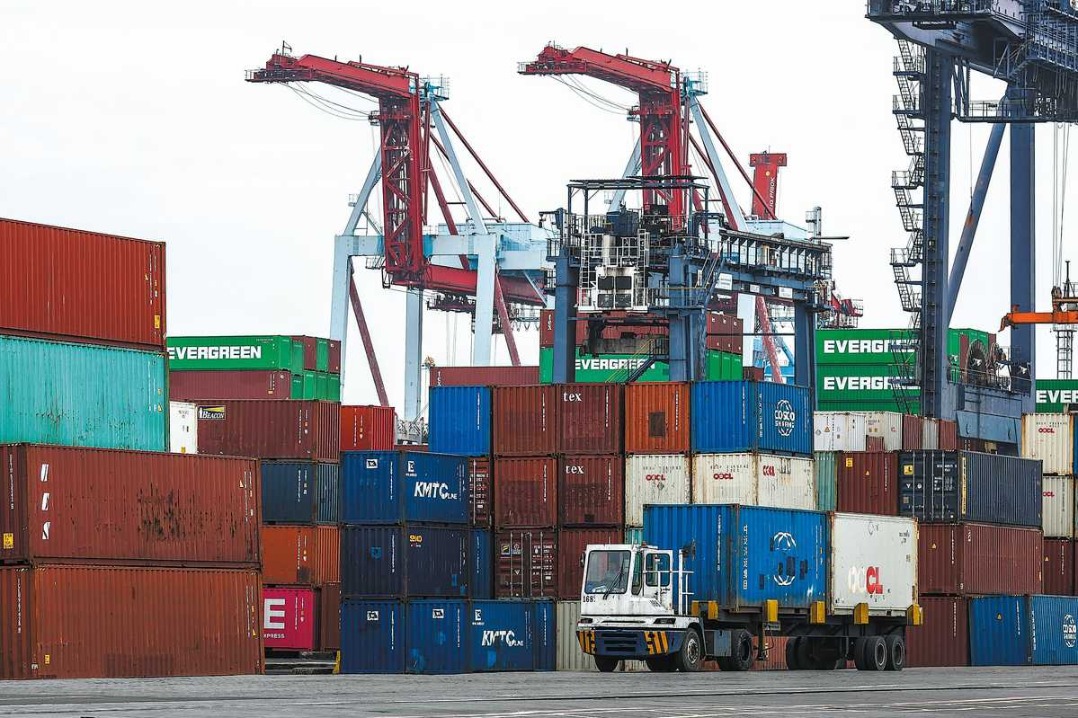Local trust key to China-US ventures' success, experts say

At a recent China-California business forum, corporate leaders and industry experts emphasized that successful global expansion hinges on balancing international development with local trust and cultural understanding.
That principle is vividly illustrated by Fuyao Glass' annual tradition of inviting top-performing employees from its global factories to celebrate Chinese New Year at the company's headquarters in Fujian, China.
When John Withiow, a supervisor at Fuyao Glass America's Ohio plant, arrived in China for the first time in January 2017, he and his colleagues weren't treated as visitors — they were welcomed as family.
"They didn't look at us as 'Hey, 15 Americans that just got off the plane,'" Withiow told China Daily. "They called us their family."
Withiow was among many international employees selected by Fuyao over the past seven years to travel to China to celebrate the Chinese New Year. The annual all-expenses covered program is part of the company's broader strategy to support cross-border investment between the US and China.
"We consider every Fuyao employee part of our family," Amy Lei, vice-president of Fuyao Glass America, told the forum early this month in Los Angeles. "Since Chinese New Year is about reunion, we want to share that spirit with our entire global team."
Lei said the company's goal was not only to reward high-performing staff members, but also to deepen cross-cultural understanding.
"We wanted them to gain a deeper appreciation of Chinese culture and feel proud to be part of a Chinese company," she said. "Some of our employees had never even owned a passport — we guided them through the entire process and gave them a chance to see China with their own eyes."
The foreign employees visited landmarks such as the Great Wall, the Forbidden City, and Tiananmen Square, while also attending team-building sessions and cultural events at Fuyao's headquarters.
"For many, it was their first time outside their home countries," Lei said. "They came back saying they never realized how modern and beautiful China is. It opened their eyes to the truly global nature of our company."
With employees from Germany, Japan, China and beyond all working together, they began to understand what a global workforce looks like. And importantly, local mayors, governors and community leaders heard their voices, according to Lei. "These American employees could now share what they saw in China, offering a true picture of our company and the culture behind it," she said.
The stories reflect the strategy behind Fuyao's global operations that balance central vision with local empowerment. The company's journey was famously documented in the 2019 Oscar-winning film American Factory, which captured the cultural and operational challenges Fuyao faced after purchasing a shuttered General Motors plant in Dayton, Ohio, in 2014.
"If Chinese companies want to develop in the United States, they must have a professional localization team and a management team that understands Chinese culture," Lei emphasized. "You cannot simply replicate a Chinese business model and expect it to succeed in a very different environment."
Cross-border investment
Now operating in 11 countries and having expanded its US investment from $200 million to over $1 billion, Fuyao represents a successful example of cross-border investment, marked by sustained local engagement and cultural integration, according to the forum.
Bob Weis, a Disney legend and former president of Walt Disney Imagineering, said the blend of local empowerment and central guidance is essential not only for Chinese companies in the United States but also for US companies in China.
Weis emphasized a similar principle in the entertainment industry, noting that global expansion must be paired with locally tailored experiences.
He said he began work on Shanghai Disneyland seven years before it opened. "Some colleagues who even began that work 10 years before opening, these are very long-term projects," Weis told the audience.
Weis said the teams are assembled long in advance because they need to be ready for any changes over the course of development. Despite uncertainties, they believe the leisure industry continues to grow in China, and they've seen "tremendous success" with Shanghai Disneyland and Universal Beijing Resort.
Shau Zhang, partner and Americas China overseas investment leader at Ernst & Young, echoed the importance of long-term thinking. She advised Chinese companies operating in the US of the need to integrate into the local business ecosystem while competing with US counterparts. "If you adopt a long-term strategy and become a localized company, you will succeed," she said.
































